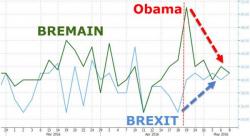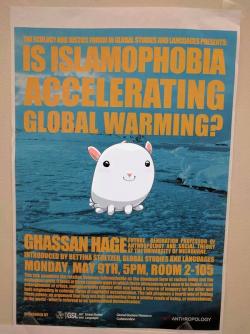Brexit Would Hit The Poor & Vulnerable Hardest Says David Cameron
According to David Cameron, the poorest and most vulnerable people in the UK would be hit hardest by the economic consequences of leaving the EU. Leaving the union would be a “national error” Cameron wrote in an article for the Daily Mirror newspaper. He said leaving would see prices rise and threaten jobs, in a move that has been seen as an attempt to reach out to Labour voters. The BBC reports: The referendum takes place on 23 June, when voters in the UK will be asked whether they want the country to remain in, or leave, the European Union.

